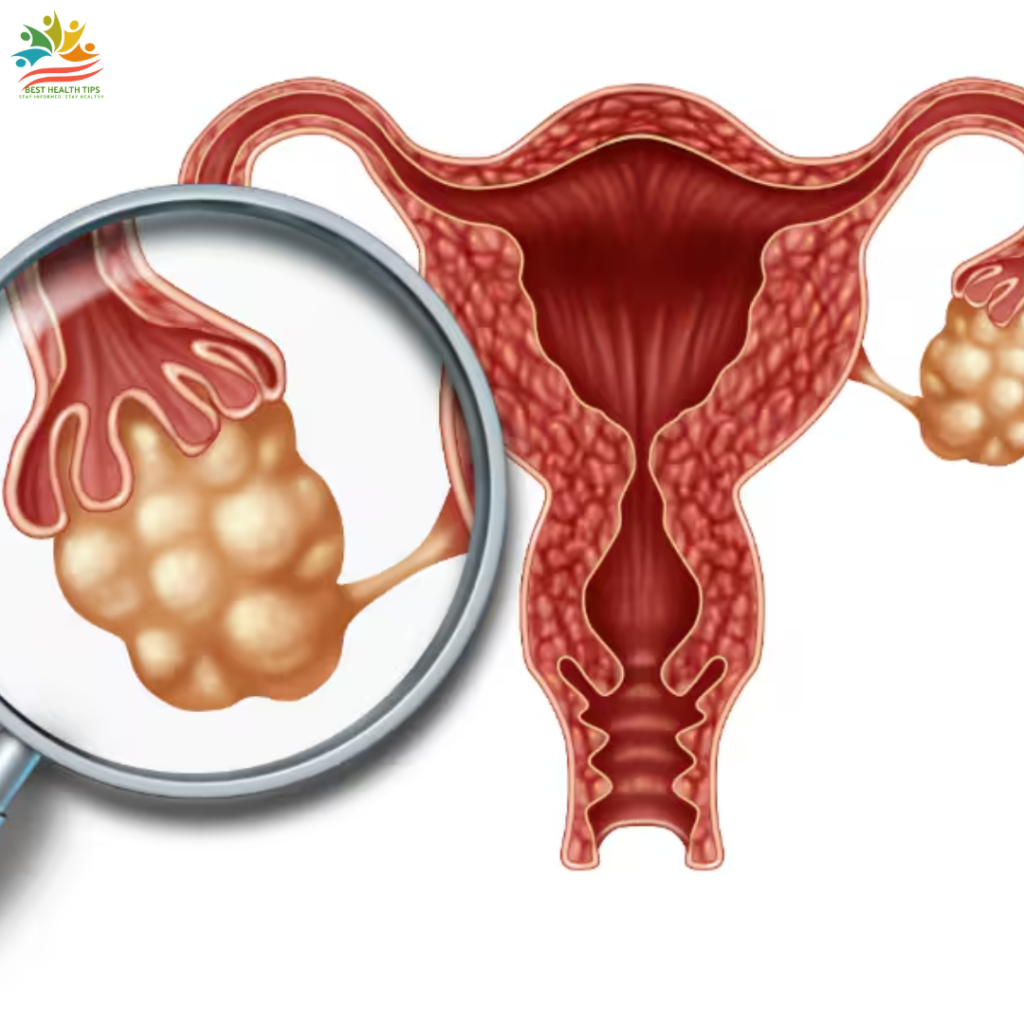Introduction
Pcos recommended protein or Polycystic Ovary Syndrome, is indeed one of the most common hormonerelated disorders and contributes to millions of women around the globe. Dietary management is a huge issue in managing the symptoms of the condition that specifically pertains to PCOS, and more specifically, adequate protein intake is important to regulate blood sugars, improve sensitivity to insulin, and equilibrate hormones. this paper is an exercise in finding out the best source of protein to help improve a person’s health.
What is PCOS?
PCOS is far more than just a reproductive disorderit’s a metabolic disorder that ambushes so many women at a time when it’s supposed to be the best phase of life. Imagine that body as perfectly tuned to being an orchestra.

Why Protein is Essential for PCOS Management
Protein maintains the blood sugar balance and minimizes instances of insulin resistance, both major diseases concerning PCOS. It maintains body muscle mass, helps in keeping off weight, and further lessens the urge for sweets. Some of the advantages in using diets with a high protein are enhanced insulin sensitivity, losing and regaining weight and metabolism, lessened amount of inflammation, and lean of muscle.
How much protein do you need for PCOS?
The average daily requirements for PCOS proteins are between 1.2 to 1.6 g/kg/bw. A better model is to have 2030 g of protein at each meal, distributed throughout the day. Protein intake will vary based on individual weight, activity level, symptoms of PCOS, and insulin resistance. Good sources of protein would be lean meats, fish, eggs, and plantbased proteins.
Some of the prominent benefits that patients with PCOS derive from correct protein uptake are stabilization of blood sugar, hormonal regulation, insulin sensitivity enhancement, and even the management of their weight. These are measures used to level up some of the biggest obstacles encountered with PCOS.
Best Sources of Protein for PCOS
Low glycemic and antiinflammatory best quality sources of protein in PCOS include.
Lean Animal Proteins
These are good sources and provide:
- Essential amino acids
- No saturated fats
- Chicken breast
- Turkey
- Eggs, pastureraised
Fatty fish like salmon, sardines, mackerel for their omega32. PlantBased Proteins
Plant Based Proteins
The best sources of plantbased proteins will be for vegetarians and vegans:
Lentils and beans high in fiber and protein
Chia seeds & flaxseeds for their omega3 and hormone balance
Quinoa (complete protein, all essential amino acids)
Tofu & tempeh (soybased but helpful in moderation)
Dairy & Dairy Alternatives
Dairies are problematic for PCOS as it upsets the insulin and hormone levels. Some good choices are:
Greek yogurt unsweetened, full fat
Cottage cheeselow lactose content and high in protein
Almond milk or coconut yogurtgood alternatives to dairy products
Protein Powder
If one can’t get the amount of protein that they desire from diet, then the protein powder would suit them well:
Low in lactose and has a higher absorption rate whey protein isolate
Plantbased pea, hemp, or rice protein powders
Important Role of Protein in Managing PCOS
Think of protein like your body’s repair and maintenance crew. When it comes to women with PCOS, this is not so much about putting on musclebut rather, balancing the metabolism. Protein has very important functions to:
Holistic Approach
Management of PCOS is not a single “silver bullet solution that works.” It is all about creating an overall, customized approach. Protein is such a huge help in managing PCOS but does not work well unless it is incorporated with all of the following:
Is ideal protein good for PCOS?

The Ideal Protein diet has rather complicated considerations with the management of PCOS. While on the one hand it presents low-carb, high-protein approaches that could prove useful for counteracting insulin resistance and weight control, it presents rather stringent aspects in the same respect.
For women with PCOS, a personalized nutrition strategy is essential. The effectiveness of the diet will vary from person to person depending on metabolic profiles, hormonal balance, and specific health needs. Professional guidance from an endocrinologist or a registered dietitian specializing in PCOS is preferable in order to develop a sustainable and balanced nutrition plan tailored toward unique symptoms and long-term health goals.
| Year | Milestone in PCOS Protein Research |
|---|---|
| 1935 | First clinical description of PCOS by Stein and Leventhal |
| 1980 | Initial research linking insulin resistance to PCOS |
| 1994 | Discovery of key role of insulin in PCOS metabolic dysfunction |
| 2000 | Emerging research on protein’s impact on insulin sensitivity |
| 2005 | Studies highlighting protein’s role in managing PCOS symptoms |
| 2010 | Advanced understanding of protein’s metabolic effects |
| 2015 | Comprehensive research on low-carb, high-protein diets |
| 2018 | Personalized nutrition approaches for PCOS gain prominence |
| 2020 | Increased focus on protein quality and metabolic health |
| 2023 | Precision nutrition strategies for PCOS management |
FAQs
Does protein alleviate PCOS symptoms?
if used wisely, enhancing protein intake can help in better management of insulin resistance, weight control, and thus even general metabolic health.
How long does it take to feel the effects of improving my protein intake?
For the most part, everyone is different, but generally, most women notice changes in energy and body weights, with reductions in severity of symptoms between 36 months.
Do I have to take protein supplements to help manage PCOS?
No, not always. People prefer to get all their protein through whole food sources, but supplements are sometimes needed for specific diets.
Can vegetarians and vegans also manage PCOS through dietary protein intake increase?
Yes. Plantbased complete proteins and thoughtfully planned meal can be equally effective in managing PCOS.
Should I see a professional before doing anything with my protein intake?
Yes, always see a health care provider or registered dietitian who knows about PCOS to develop your own individual nutrition plan.
Read more about Diet and Nutrition and other categories at Best Health Tipss.


